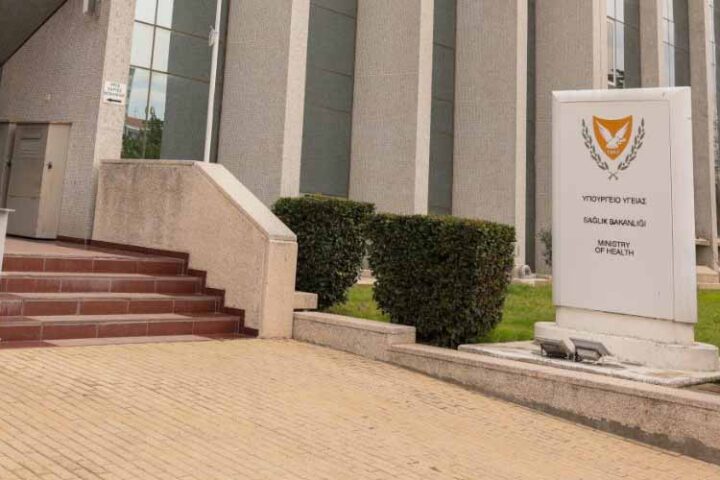Following the creation of COVID-19 hotspots at two top-flight football clubs, the Health Ministry and the Cyprus Football Association on Friday announced a series of new measures to stem the virus from spreading among players.
According to a joint statement issued by the CFA and the Health Ministry, they decided to get tougher on clubs violating health protocols while taking measures to prevent clusters forming.
Reportedly, the two sides also decided on Friday to investigate whether violations of protocols by the clubs involved also constitute criminal offences.
According to the joint announcement, each club will assign officials with the legal responsibility of making sure that the protocols are implemented.
The CFA will also be responsible for training these people on how to implement protocols.
And changing rooms at stadia that do not comply with health protocols will be closed.
On Thursday, the Cyprus Footballers Association and health experts noted that changing rooms at some stadia are problematic as they are too small to host full team squads of some 15 people.
The health protocols dictate that a space of 2 square meters should be allocated for each person.
Health authorities launched a random scheme of 7,000 free tests amongst footballers in the lower leagues, grassroots, and women’s football.
Some 100 tests will be randomly carried out every day at 20 clubs. Five randomly selected footballers from each club will be tested.
“The above decisions aim to protect the wellbeing of athletes and staff by minimising the possibility of clusters forming at football clubs in the future, to ensure that championships will continue without interruption.”
The move comes after clusters of coronavirus cases formed among players and staff, including their families at first division clubs Ethnikos Achnas (21) and Nea Salamina (23).
Health Minister Constantinos Ioannou criticised both football clubs for violating protocols.
“It is more than evident that protocols were not implemented. When 19 players in a club get infected by just one person, then it is apparent that protocols in place are not to blame.
It is not a matter of protocols becoming tougher. The problem is that protocols are not being implemented, to begin with,” Ioannou said in a statement on Thursday.










